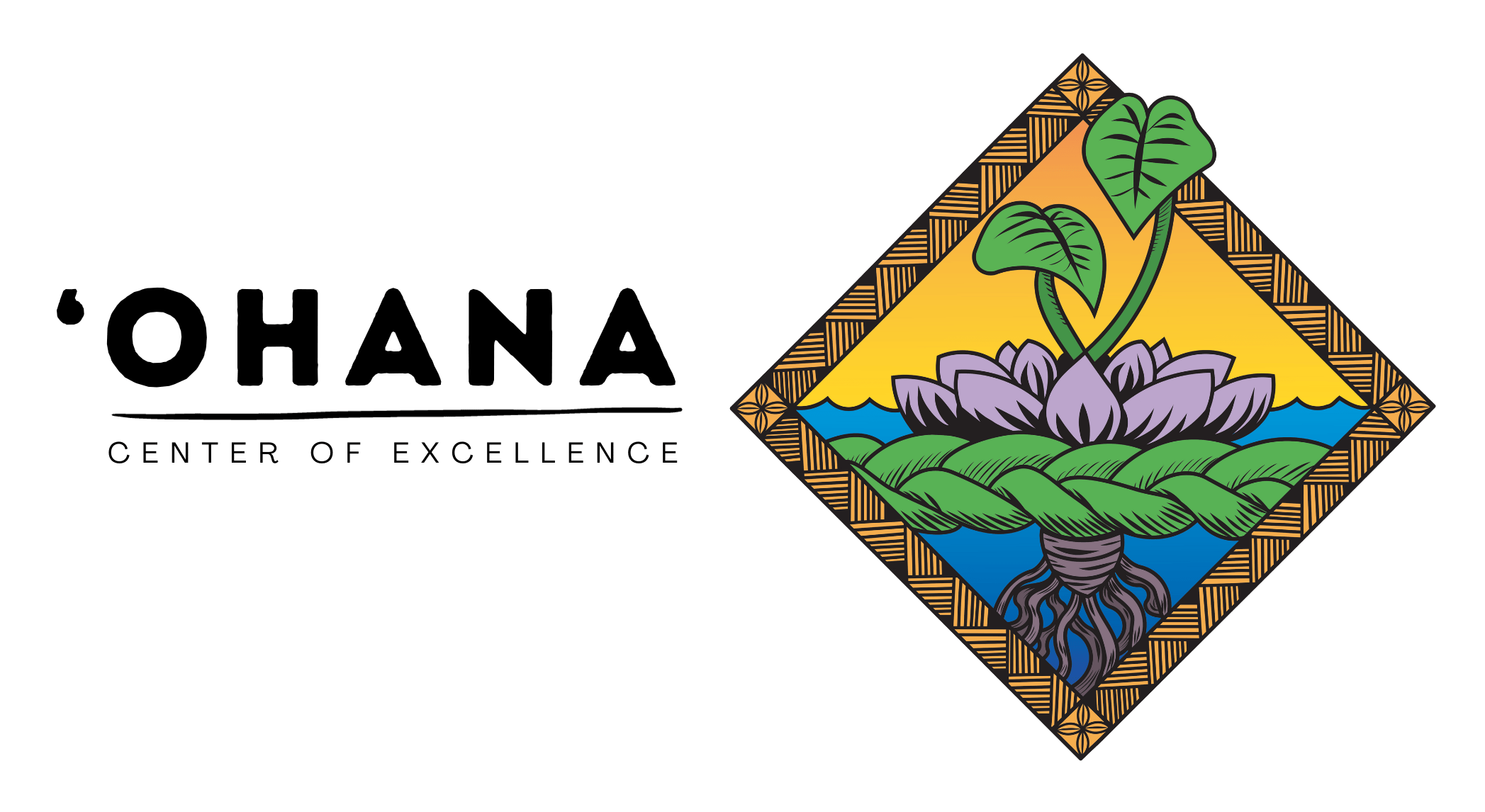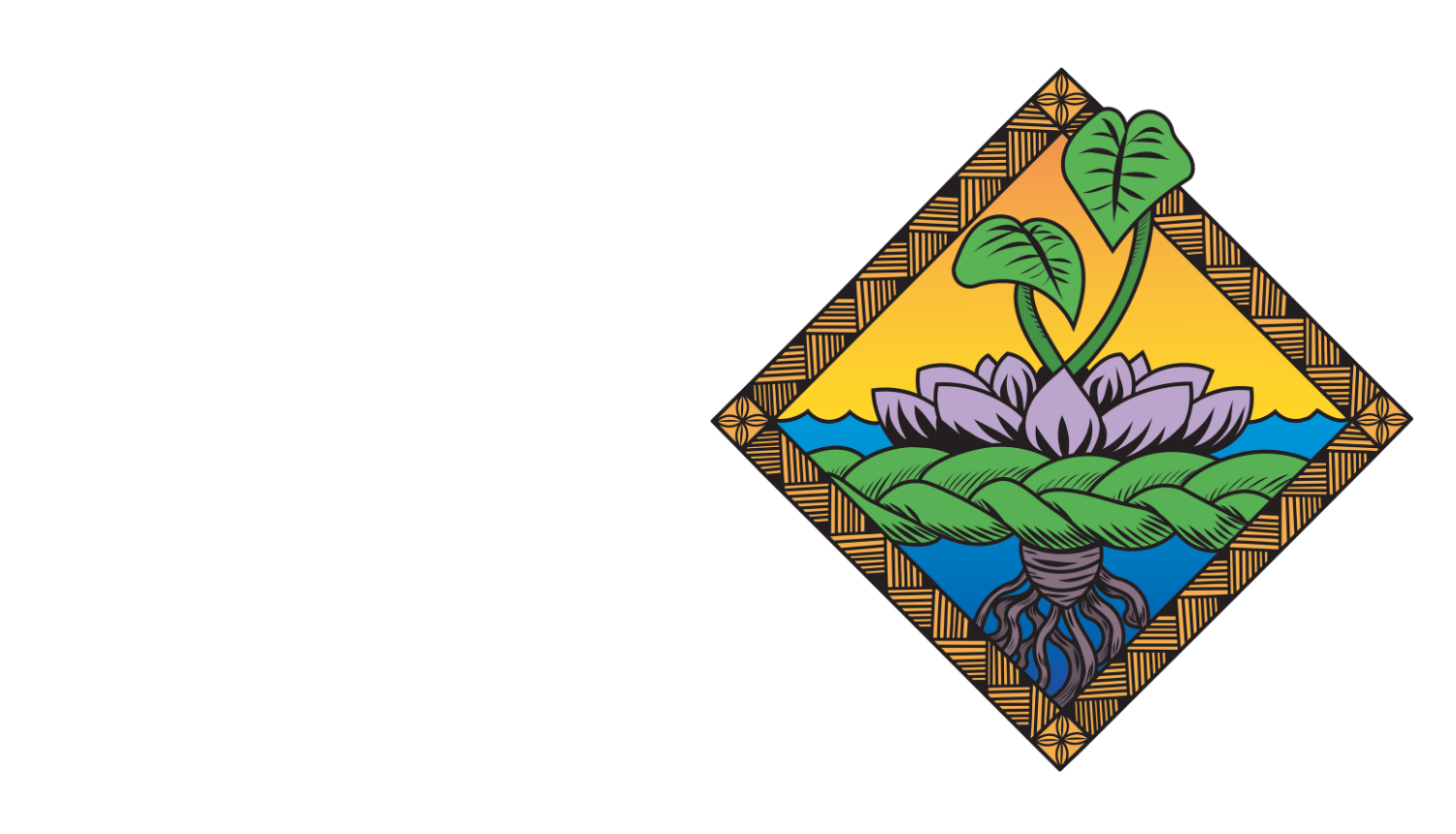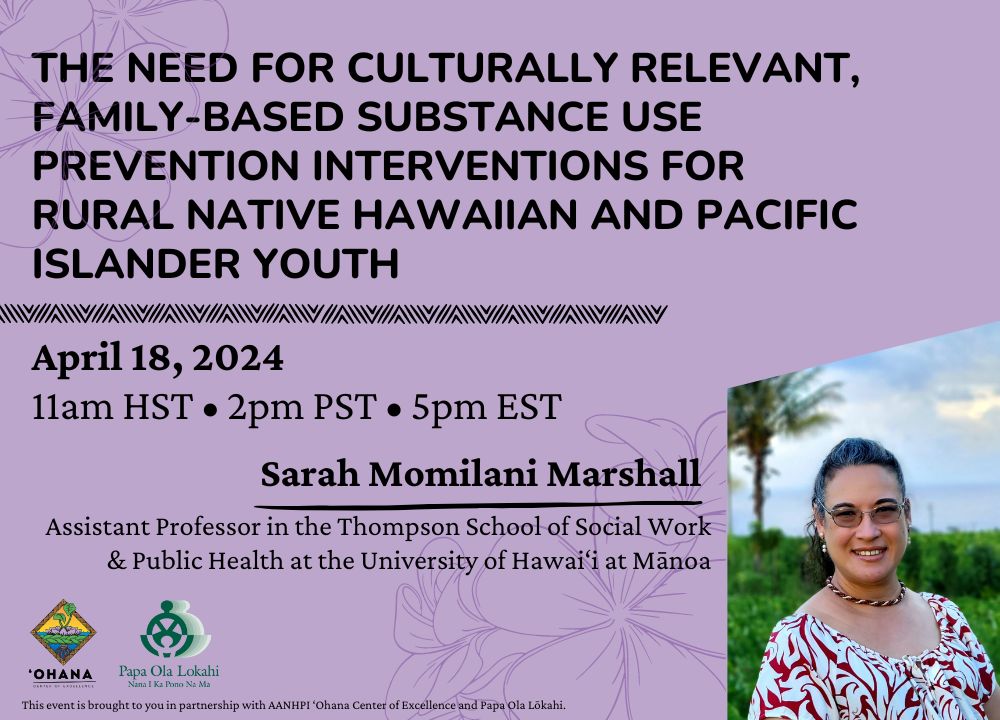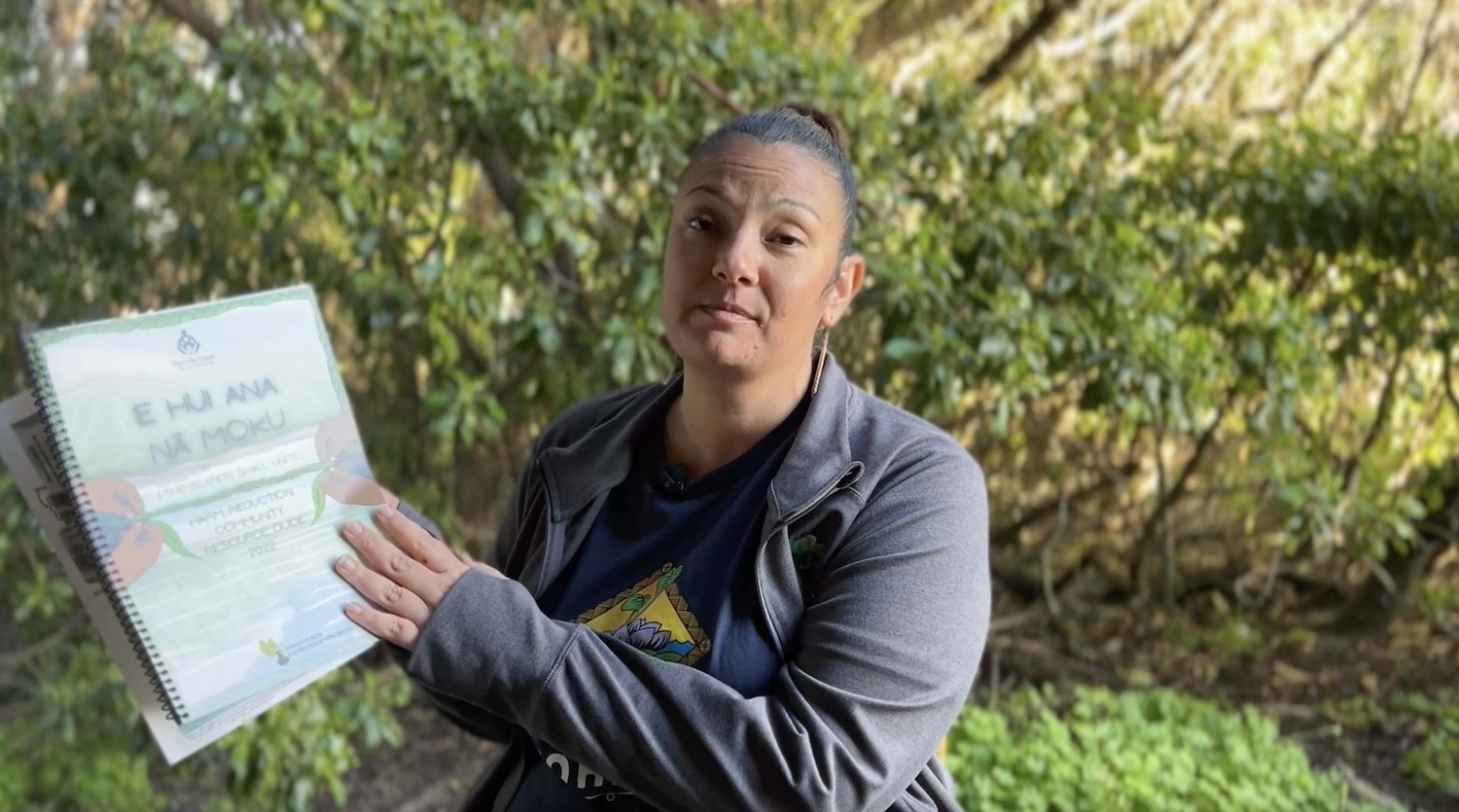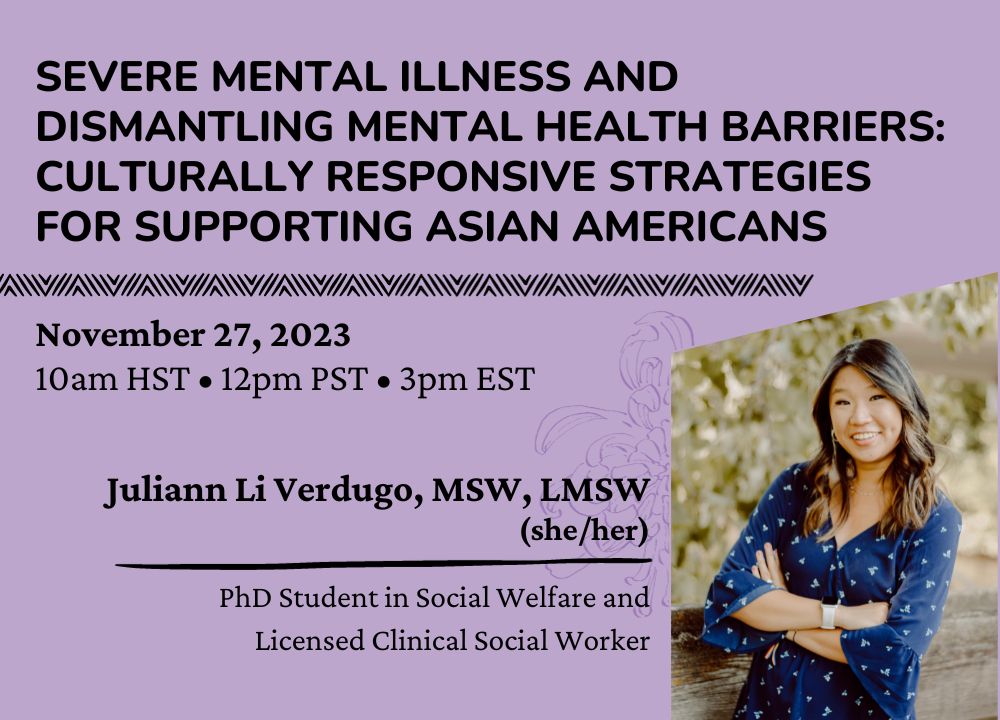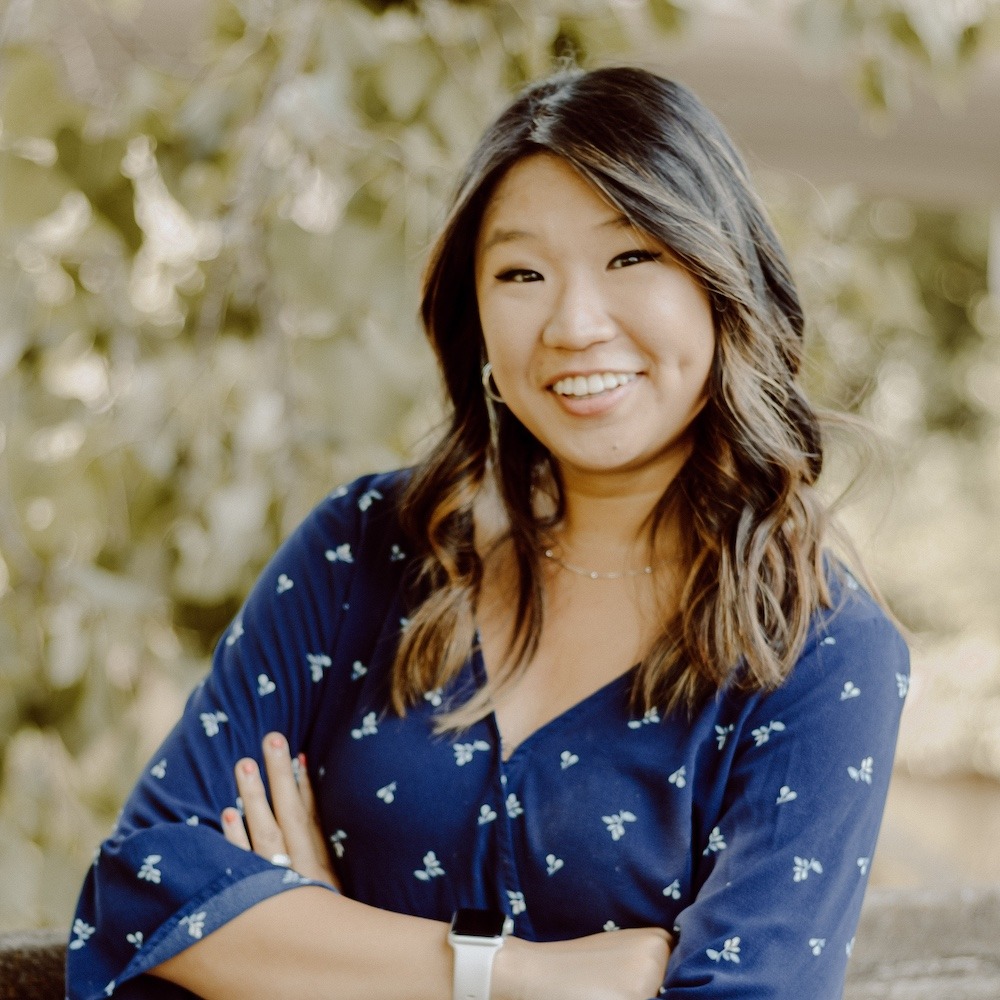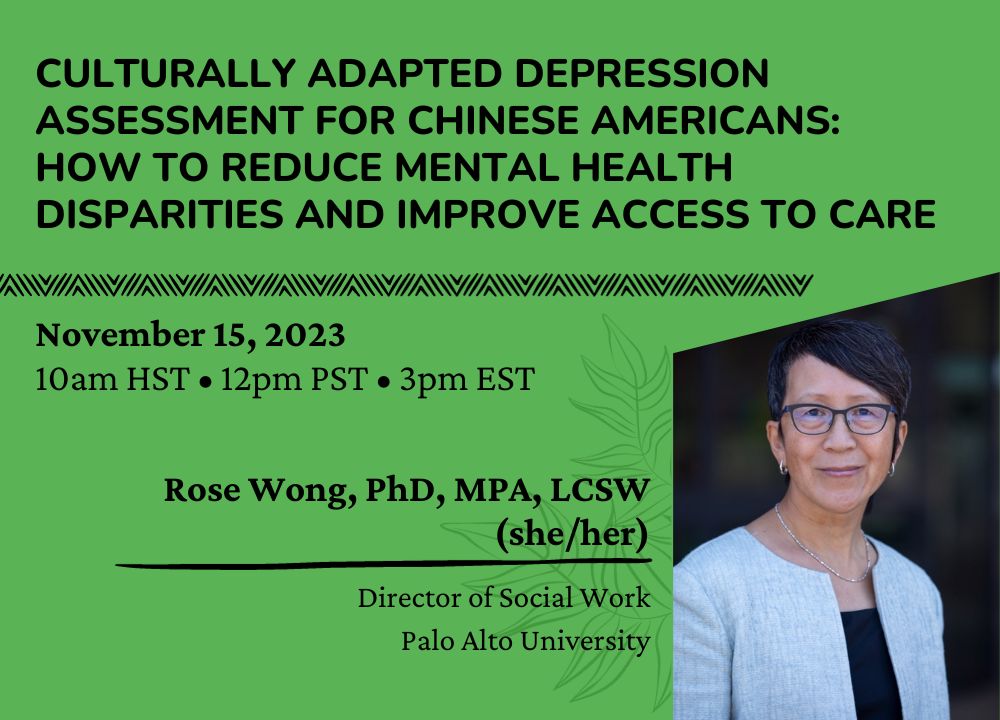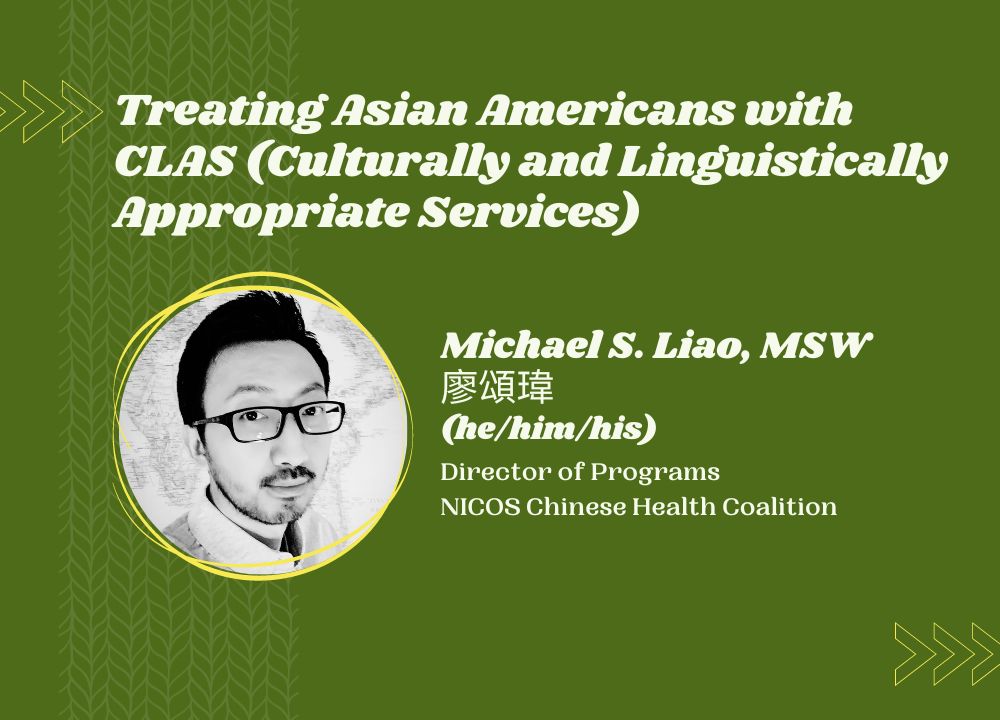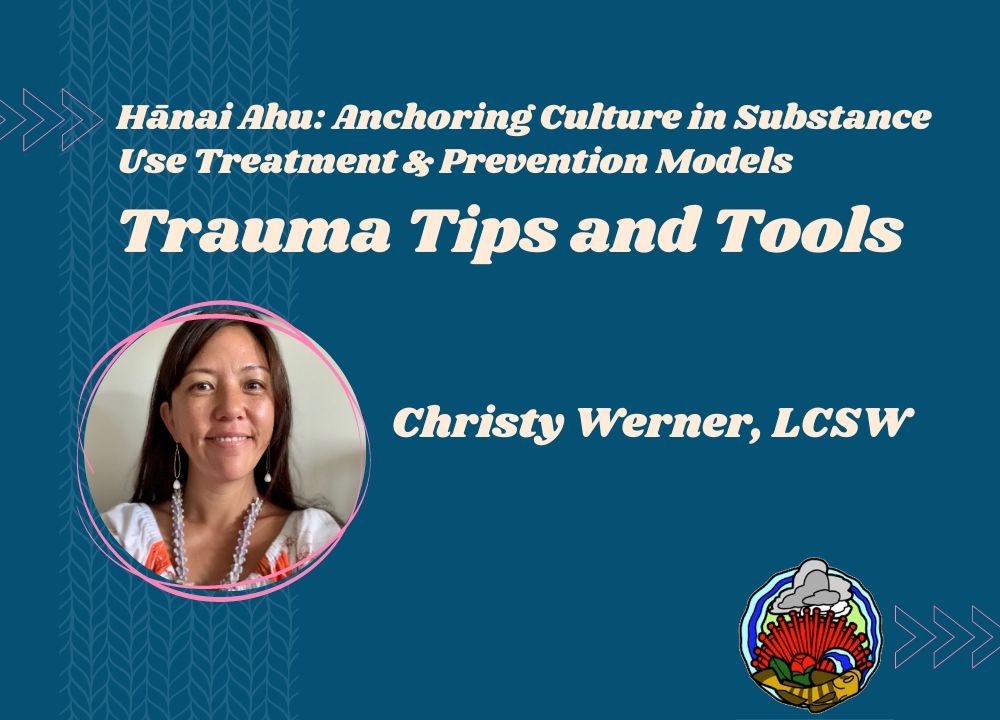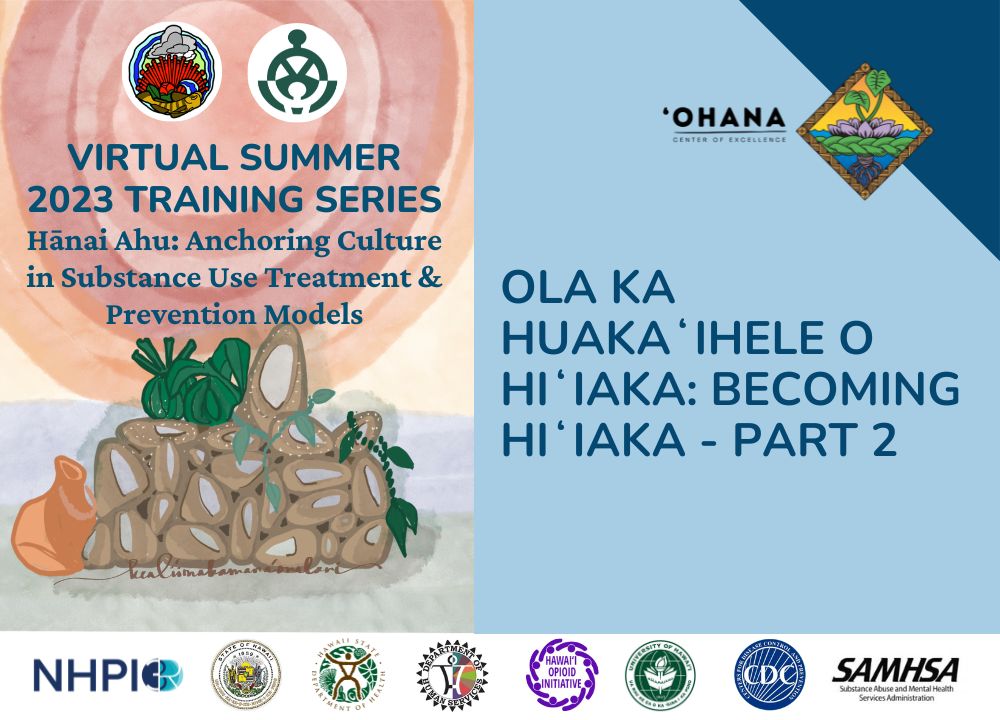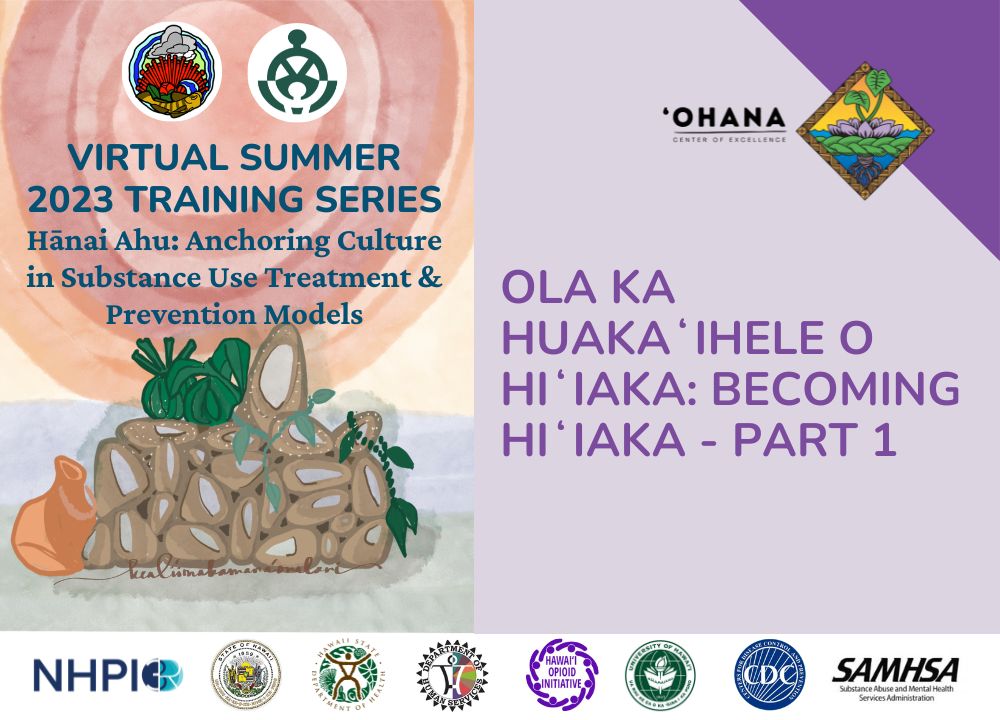This workshop is presented in partnership with Papa Ola Lōkahi and the AANHPI ‘Ohana Center of Excellence. Substance use initiation often occurs during adolescence, and early initiation is commonly associated with problematic substance use, such as substance use disorders. National and local public health data consistently demonstrate that Native Hawaiian and Pacific Islander (NHPI) youth have disproportionately high rates of substance use and substance use disorder. NHPI rural youth, with their unique cultural and social context, face specific challenges in substance use prevention, particularly related to familial relationships. There is a critical need for research that can inform culturally relevant, family-based substance use prevention interventions for these youth. This presentation will: highlight youth substance use trends in Hawai‘i, discuss risk and protective factors for youth substance use in Hawai‘i, and explore familial influences on youth substance use in rural Hawai‘i, including the impact of cultural and social determinants of health.
What will you learn?
- Trends in youth substance use in Hawai‘i
- Risk and protective factors for youth substance use in Hawai‘i
- Familial influences on youth substance use in rural Hawai‘i
Who is this workshop for?
Community and state-level substance use prevention practitioners, researchers, and allied health partners, especially those engaged in substance use prevention efforts with Native Hawaiian and Pacific Islander youth and families.
Looking to receive continuing education contact hours?
Papa Ola Lōkahi (NASWHI-CEP-13) has been designated an approved provider of social work continuing education contact hours by the National Association of Social Workers Hawai’i Chapter. The Papa Ola Lokahi maintains responsibility for the program. This program is approved by the State of Hawaii Department of Health’s Alcohol and Drug Abuse Division (Approval# ADAD-24-086) for up to 1.5 contact hour(s). NOTE: Participants are responsible for submitting proof of attendance to their respective certification or licensing board. ʻOhana CoE & Papa Ola Lōkahi do not submit this information on behalf of training participants.
Participants will receive a link to verify attendance at the end of the workshop.
